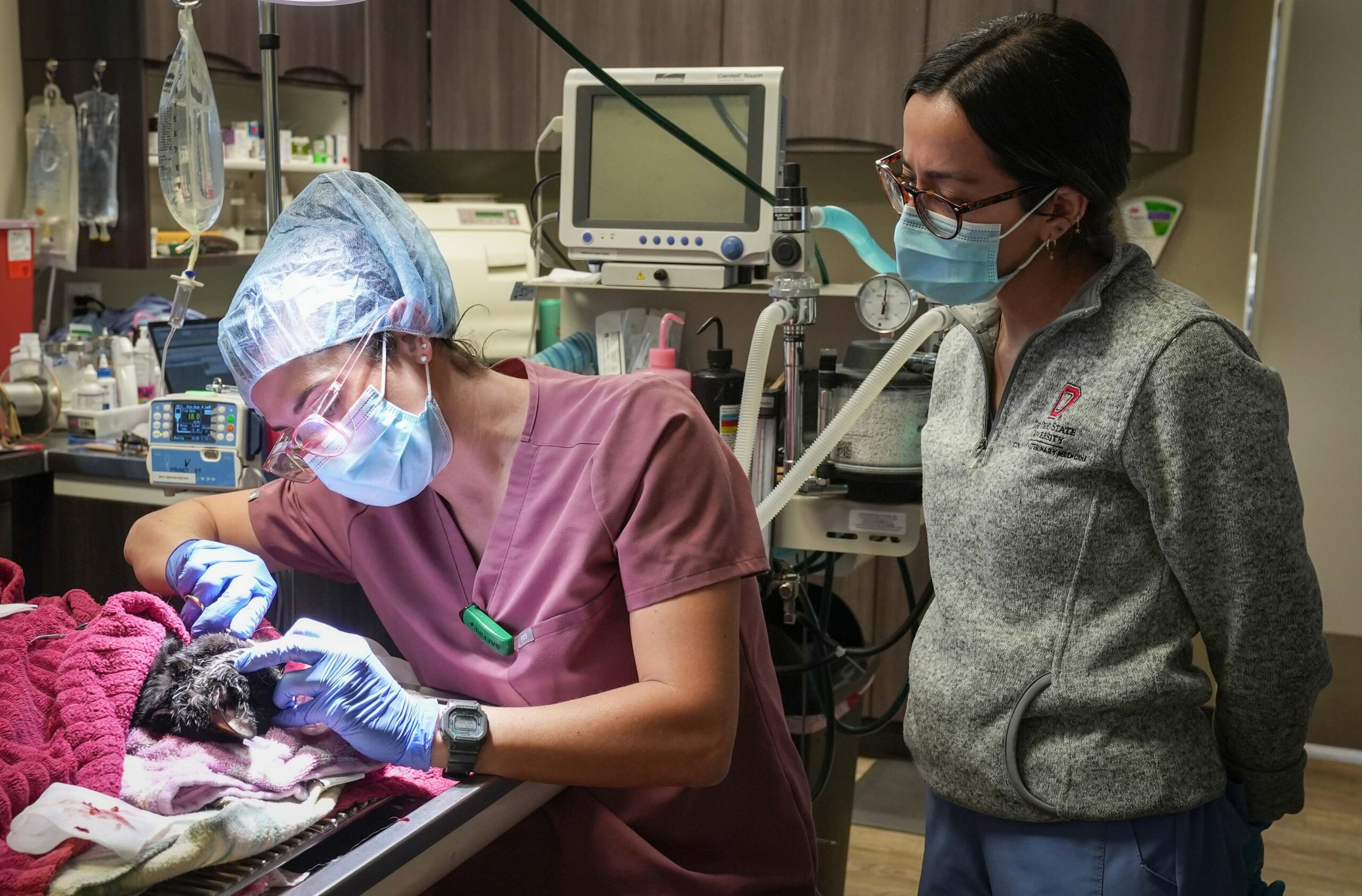Feline Anesthesia and Pain Management
Helping Your Cat Stay Comfortable
How is pain management different at the Cat Specialty Center? We know pain is hard to detect in feline patients. The use of a validated pain scale both before and after surgical procedures, daily with our hospitalized patients, and by pet parents at home are important. Pain scoring helps to initiate, modify or discontinue pain medications based on what the cat is telling us. When it comes to pain therapy, our goal is to find a treatment that works for both the caregiver and patient and might include oral medication, topical medication, injectable, or other non-drug therapies such as laser and electromagnetic pulse therapy. We also have a relationship with a local integrative specialist who offers both holistic and acupuncture medicine to our patients when non-drug options are needed.
Professional Cat Anethesia and Pain Management
When it comes to surgical procedures, pain control is extremely important to keep the patient’s vitals stable and reduces the amount of inhalant medication needed during general anesthesia making it safer for the patient. This is especially important for critical patients, high-risk senior and geriatric patients and those with chronic illness. Regional (or local) anesthesia is the process of using anesthetic medication such as lidocaine as a targeted nerve block near a surgical site and helps reduce the animal’s response to painful stimuli during the procedure. It also reduces postoperative pain which improves patient comfort and recovery. Types of local anesthetic blocks we perform at CSC include intra-oral nerve blocks for dental procedures and oral surgery, subcutaneous blocks for skin incisions and skin mass removals, testicular blocks prior to castration, epidurals for urinary obstructions and urinary catheter placement, limb and digital blocks for amputation procedures, and retrobulbar blocks for enucleations.



